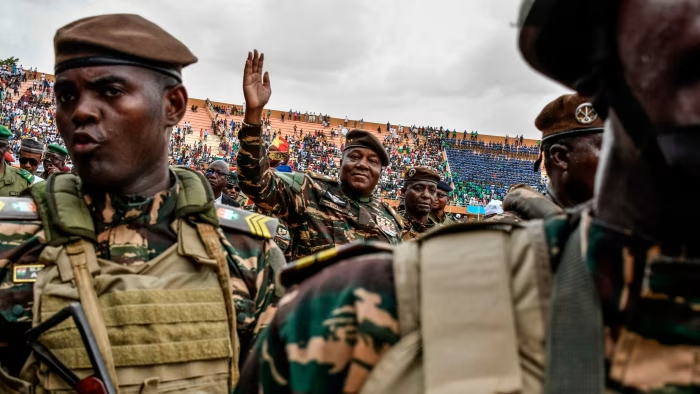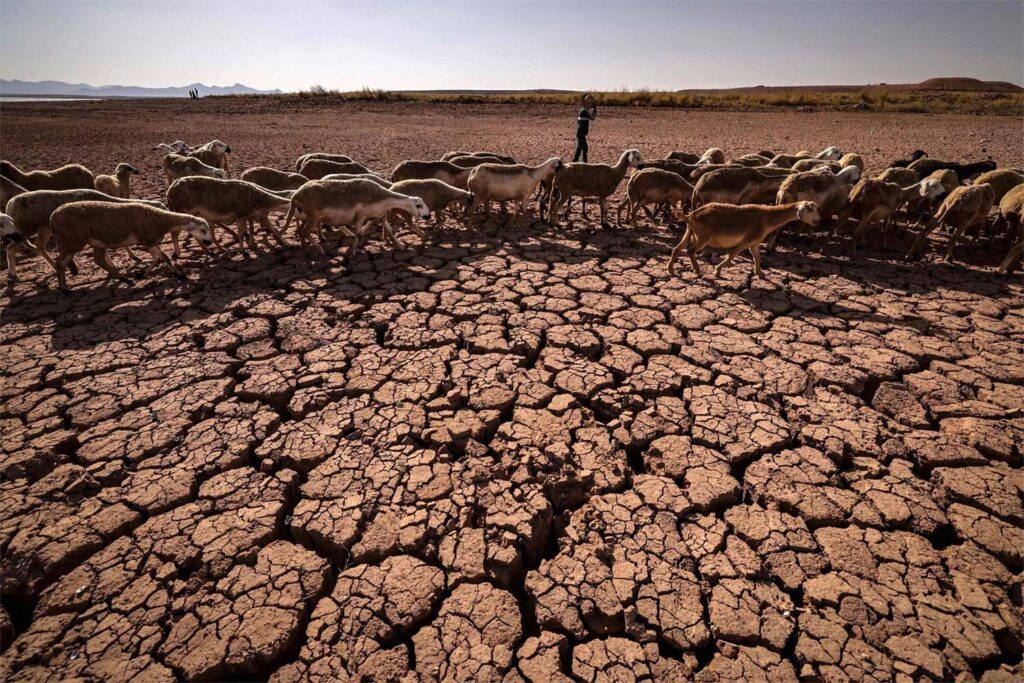
Thousands of Ivorians flooded the streets of Abidjan’s suburb Yopougon on Saturday. They protested the exclusion of key opposition leaders from the upcoming October presidential election.
The electoral commission barred four main opposition figures earlier this year, including former President Laurent Gbagbo. Tidjane Thiam, former Credit Suisse CEO and leader of the Democratic Party of Ivory Coast, was also excluded.
Both Gbagbo and Thiam had united to challenge incumbent President Alassane Ouattara, who seeks a controversial fourth term. Ouattara, 83, changed the constitution in 2016, removing presidential term limits to extend his rule.
Protesters carried banners declaring, “Enough is enough!” and “No true democracy without true justice.” Activist Sagesse Divine said demonstrators demand a revised electoral roll and peaceful elections with all candidates included.
Thiam’s candidacy was disqualified on grounds of dual nationality, despite his renunciation of French citizenship. Ivorian law forbids dual nationals from running for president, a ruling seen as politically motivated by critics.
Ivory Coast, home to 32 million people, is the largest economy in francophone West Africa and faces deep political unrest. Past elections have triggered violence, including deadly clashes when Ouattara ran for a third term.
Security threats from al-Qaida and Islamic State affiliates have increased regional instability across West Africa’s Sahel and coastal states. Ouattara defends his bid, citing urgent security, economic, and monetary challenges requiring experienced leadership.
The president’s move reflects a wider trend in West Africa where leaders extend power by altering term limits. Ivory Coast now braces for an election season shadowed by exclusion, protests, and simmering tensions.




